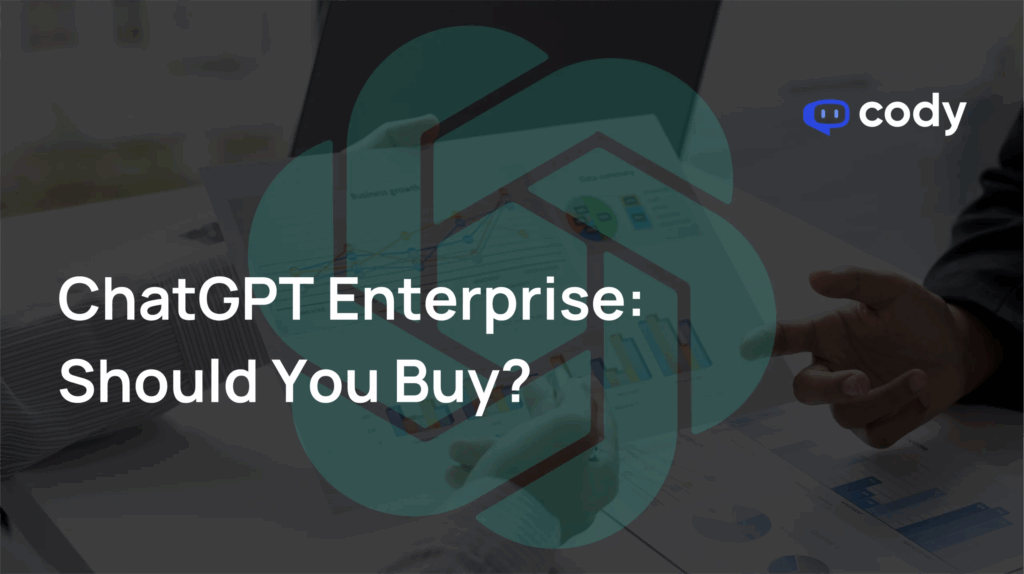OpenAI has made significant changes to its pricing approach for ChatGPT Enterprise, shifting from a traditional subscription model to a credit-based system. This new strategy allows businesses to purchase credits that can be used to access various advanced features and tools, resembling a pay-as-you-go arrangement. As a result, enterprise customers are no longer required to pay a fixed monthly or yearly fee, enabling them to better manage their expenses in relation to actual usage. This flexible pricing model is seen as a way to attract a wider range of clients, accommodating everyone from startups to major corporations, ultimately aligning with OpenAI’s goal of increasing revenue through more customizable offerings.
In conjunction with this pricing overhaul, OpenAI has introduced new features for enterprise users, such as ‘Connectors’ and ‘Record Mode,’ enhancing the functionality of ChatGPT. The company’s revenue ambitions remain high, with projections estimating that their business division could generate up to $15 billion, fueled by the growing popularity of ChatGPT. Reports of significant discounts for companies committing to long-term contracts or bundling additional services have also surfaced, with potential savings of 10% to 20%. However, these incentives have sparked dissatisfaction from Microsoft, OpenAI’s main investor and cloud partner, leading to a complex relationship characterized by tensions over pricing strategies and potential legal disputes regarding anti-competitive behavior.
Looking towards the future, OpenAI is not only working on renegotiating its revenue-sharing agreement with Microsoft but is also ambitiously aiming for $125 billion in revenue by 2029. The proposed adjustments to their partnership with Microsoft, particularly reducing the software giant’s share from 20% to 10%, indicate OpenAI’s determination to establish greater autonomy while navigating the competitive landscape of the enterprise AI market, where it faces rivals like Google and Anthropic. As the company led by Sam Altman steps into this new era, the balance between maximizing profit and maintaining constructive partnerships will be pivotal in shaping its trajectory.
OpenAI’s New Pricing Strategy for ChatGPT Enterprise
OpenAI has reportedly transitioned its pricing model for ChatGPT Enterprise, moving from a fixed subscription approach to a credit-based system. Under this new pay-as-you-go model, businesses will purchase credits that allow access to advanced features instead of paying a standard monthly or annual fee. This change is expected to give enterprises flexibility in managing expenses based on their actual usage.
The precise pricing details for ChatGPT Enterprise have not been disclosed, but OpenAI asserts that this update broadens accessibility for various clients, including startups and large firms. An OpenAI spokesperson stated, “Our goal is to create a pricing structure that is responsive to the needs of diverse business customers, enhancing their ability to leverage AI tools efficiently.” The company believes that this strategy aligns with its vision of fostering a wider adoption of AI technologies.
In addition to the new pricing model, reports suggest that OpenAI is offering substantial discounts to enterprise clients who commit to long-term contracts or bundle additional services. Discounts of 10% to 20% have been noted, which could further incentivize businesses to embrace the new system and integrate OpenAI’s products into their operations.
Financial Implications and Competition for OpenAI
The implications of OpenAI’s new pricing strategy are significant as estimates predict its business sector could generate up to $15 billion in revenue, primarily driven by the ChatGPT product. Recently, the company announced an impressive annual recurring revenue (ARR) of $10 billion, nearly doubling its previous figure. This financial growth follows a funding round that raised $40 billion and increased its valuation to $300 billion.
As OpenAI enhances its offerings, including features like ‘Connectors’ for accessing proprietary data and ‘Record Mode’ for meeting summaries, it is also navigating a competitive landscape. Companies like Anthropic and Google are vying for dominance in the enterprise AI sector, putting pressure on OpenAI to retain its market position.
Notably, OpenAI’s relationship with Microsoft, a major investor, appears to be strained. Reports indicate that Microsoft has expressed dissatisfaction with OpenAI’s discounts for enterprise clients. Furthermore, as OpenAI considers legal action against Microsoft for alleged anti-competitive conduct, the outcome of this situation could have significant ramifications for both companies, as well as the broader marketplace.
Summary
OpenAI has revamped its pricing strategy for ChatGPT Enterprise, moving from a fixed subscription model to a pay-as-you-go credit system, allowing businesses to purchase credits for access to premium features. This change aims to increase accessibility for a wider range of clients, while the specific pricing details remain undisclosed. Furthermore, OpenAI is offering significant discounts for long-term enterprise contracts and bundling services, anticipating substantial revenue from its enterprise division, projected to reach around $15 billion, with ChatGPT as a key contributor. This shift also coincides with newly launched enterprise tools, as OpenAI faces growing competition in the AI space and navigates complex relations with Microsoft, its main investor and partner, which includes potential legal disputes and revenue-sharing negotiations.



More Stories
Perplexity AI Video Generation: New Feature Unveiled on X
SpaceX Starship Explosion: Major Setback Before Tenth Test Flight
Apple Class Action Lawsuit Over Cryptocurrency Scam